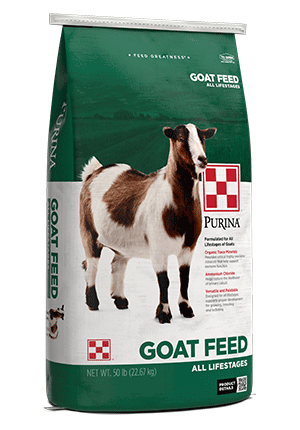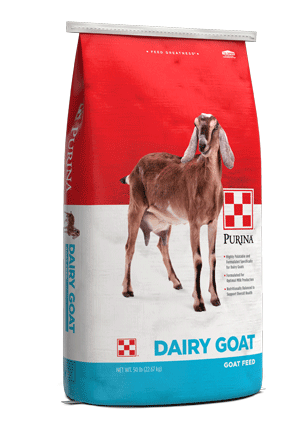
Causes of Bloat in Goats
Wellness : Health

What is bloat in goats?
Bloat is the symptom that occurs when a ruminant animal cannot burp.The rumen produces a lot of gas from the fermentation of food, and goats (as well as all other ruminants) normally get rid of this gas by belching. If something blocks the escape of gas from the rumen, the rumen will begin to expand. You will notice a large bulge on the animal’s left side, as if it had swallowed a soccer ball.
What causes bloat in goats?
There are two major causes of goat bloat.-
Obstruction in the goat’s esophagus
One is an obstruction of the esophagus; the goat may have swallowed something large, and it is stuck. In this case, you may be able to feel the obstruction in the throat. If you cannot gently work it down the esophagus, get a veterinarian’s help. You never want to be rough with an obstruction, since you don’t know if it has sharp edges. Under no circumstances should you ever try to push the obstruction down the throat using any kind of instrument. If the obstruction does not feel soft and pliable, do not put any kind of pressure on it, or you may cause serious damage. -
Consumption of inappropriate food or diet change
The second major reason for goat bloat is that either the goat has gotten into a source of soluble carbohydrates such as grain, or someone tried to change its diet too quickly. With a quick diet change, rumen microbes cannot deal with that amount of unfamiliar feed. Common sources of soluble carbohydrates are grain, the first fresh clover in the spring, and many weeds and forbs that produce high starch levels in the fall in response to cold nights.
The result of eating too much of these feeds is a shift in the pH of the rumen, resulting in death of the normal microbes, leaving “bad” microbes to increase in number and work on the feed to produce foam. The foam fills up the rumen and blocks the entrance to the esophagus, preventing the escape of gas. (This response is often the result of a mild grain overload or a meal of the first fresh clover of the season, as opposed to a severe overload that could quickly kill the goat.)
What to do about goat bloat
The best course of action is to call your veterinarian. Common traditional treatments include mineral oil to try to settle the foam, but your veterinarian will have much more effective surfactants that will decrease the foam and allow your goat to belch away the problem. Serious cases may require stronger intervention from your veterinarian. The best prevention is to keep the goat separated from food it is not supposed to have, and to make any dietary changes very gradually.




